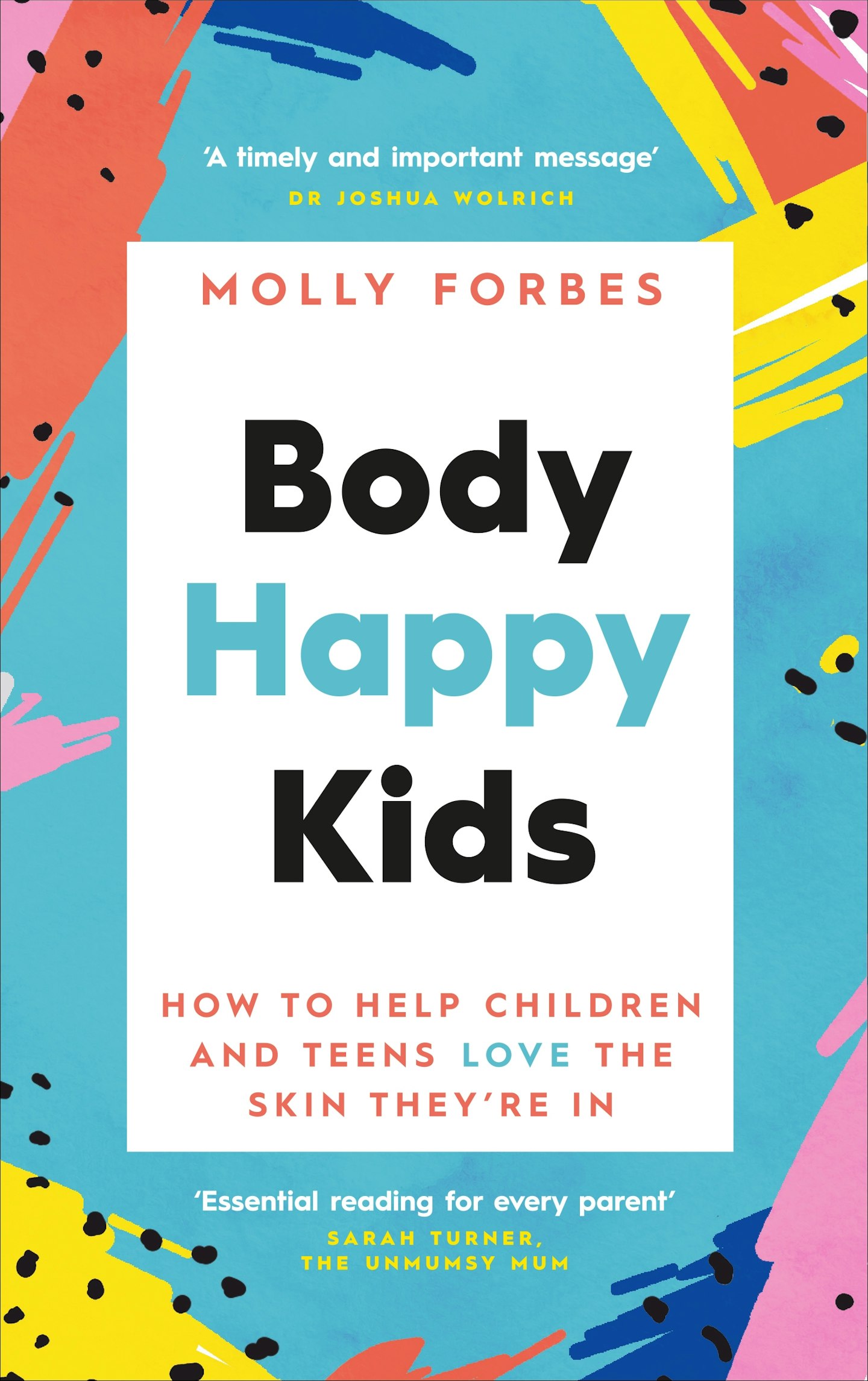It was a rainy mid-week afternoon, post-school run. The baby was crying (hungry), I was grumpy (hungry) and my older daughter – then aged five - was at my heels asking for snacks as I rushed around the kitchen sorting out dinner (she, unsurprisingly, was also hungry).
As I whipped up mac and cheese for my family I looked despondently at my “healthy eating” meal plan for that day. Written next to each dish was a number which represented how many macros that meal should contain. As the smell of comforting, cheesy macaroni wafted through my home, I diligently weighed out my food for the evening: raw spinach combined with a few nuts, a piece of steamed chicken (plain) and some steamed broccoli.
I was so far into the goldfish bowl of diet culture I’d lost any sense of what it was like on the outside. And because I named my diet as “healthy eating” or a “lifestyle”, I was asleep to what was happening. It took “Mummy? Why are you weighing spinach” to wake me up.

So, why was I weighing spinach? Why was I, a fairly new second time mum, forcing my tired body – leaky boobs and all – out of bed every morning at 6am after a night with my sleep-phobic baby to do a HIIT workout which I hated, and rewarding myself with only a cup of boiled water and a slice of lemon afterwards? Put simply: diet culture. Or, to speak frankly: anti-fat bias.
I grew up in a culture that praised people with thin bodies (no matter the cost) and vilified people with fat bodies. In this culture there was a very narrow, often over-simplified view of what health was. It was simple: thin = good (and popular, lovable, worthy of respect) and fat = bad. It took #SpinachGate to make me take a step back and really examine my relationship with my own body and question some of the ideas about bodies that I’d always just accepted and believed to be true.
In that moment, I knew I had two options. I could give my daughter the honest reason for the spinach-weighing (“Because Mummy wants to wear a bikini on holiday soon and Mummy believes she’s only allowed to feel the warmth of the sun on her tummy if her tummy is flat”), or I could… take a long hard look in the mirror and start to invest some of the labour I was putting into my body into my mind instead. Spoiler alert: I stopped weighing spinach.
Once I started to feel at home, at peace and friends with my body I started to notice all the messages coming at me trying to drag me back. And then, as I became even more awake to it, I started to notice how these same messages were coming for my kids. And then I got angry.
As I looked at my daughters throwing themselves with wild abandon into the swimming pool on holiday and living joyfully in the experience of their bodies I felt fiercely protective of their freedom. I didn’t want them to have to spend years relearning how to be friends with their bodies after being taught to be “body vigilant” by a multi-billion pound industry thriving on people’s body insecurities. I didn’t want them to equate their worth as humans with the shape or outward appearance of their bodies.
Some days I think it would be easier to still live inside the diet culture goldish bowl, unaware of the harms and insidiousness of it all. But then I look at my kids and remember that day with the spinach, and I know I can’t go back. It’s not just about me anymore, it’s about them too.
Molly Forbes is the author of Body Happy Kids: How to help children and teens love the skin they’re in, published by Vermilion. She is also the Director of The Body Happy Organisation CIC, a social enterprise dedicated to promoting positive body image in children.
